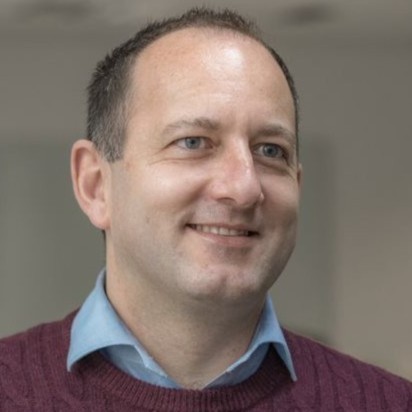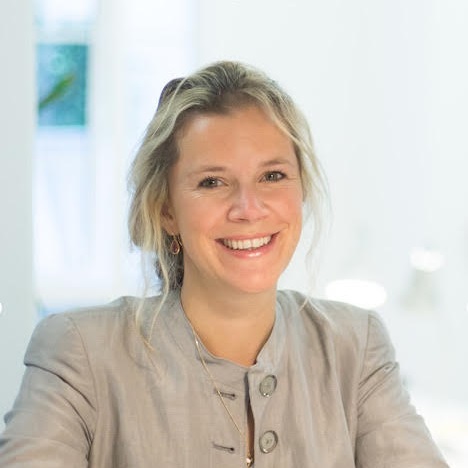
Ryan Welmans, Sopro
Creating a truly scalable business has been the key to success for tech-based marketing business Sopro, which won the Smaller Company Award at the 2021 Growing Business Awards, says its co-founder Ryan Welmans.
- What does your business do?
Sopro is a sales engagement platform which identifies and engages with new prospects for our clients.
- Why did you decide to start your business?
Seven years ago it was obvious that the business-to-business (B2B) sales model was broken. It hadn’t evolved at anything like the pace that the business-to-consumer (B2C) sales model had. My co-founder Rob Harlow and I wanted to create an unimprovable sales outreach process and offer it as a scalable service.
- How did you finance the growth of your business?
It was self-funded, but we didn’t need to put huge amounts of cash into it; it was more a foregoing of a salary while we set it up. We did everything ourselves– Rob built the systems, and I handled the commercial side of the business.
- What has been the most difficult or challenging part of growing your business?
The biggest challenge has been around changing our required skill set. In the early days you are doing everything - dealing with the clients, doing the sales, doing the operational delivery - so you need a broad skill set. But as the business grows and you formalise departmental structures, you lose those responsibilities and so your skill set needs to change to become more of a people management skill set. You are striving to make yourself redundant, and it can be quite uncomfortable going through that.
- What key lesson have you learnt about setting up and growing a business?
In the early days as a small business you are regularly chasing revenue to pay the salaries at the end of the month, so you tend to be very flexible with client requirements.
We have a standardised service now – there are a number of highly refined steps that we deliver for each and every client. But in those early days we would regularly end up taking on clients with unique requirements, wanting things to be done differently for them, and before you know it 50% of clients are receiving a non-standard service. And when that happens if becomes impossible to streamline operational delivery with the kind of clockwork processes necessary to achieve scale. We realised that some of these contracts might have been a short-term win for the business, but we were never going to scale properly until we standardised the service.
But it is very hard saying no to business when you have limited cashflow to cover those early costs.
- What has been the impact of the pandemic on your business and how have you dealt with this?
It has been hard and horrible in so many ways – a lot of our clients have gone out of business and there has been all sorts of turbulence and disruption in the 60+ sectors we support. Sopro are very fortunate in that the digital marketing space has been a net beneficiary of the Covid restrictions because lots of traditionally offline media spend such as trade shows and exhibitions has been channelled into digital. So we have doubled in size over the past 12 months to a turnover of just over £10 million.
- What has been your biggest mistake?
In the early days I was once absent-mindedly travelling out to see our team in Macedonia with several laptops which we had configured for new starters joining the following morning.
Having walked through the green channel without a moment’s thought I was immediately accosted by customs officers and invited to spend several hours in a room with no windows to discuss my apparent disregard for the law. In addition to the very large fine, I had my passport and several thousand pounds worth of equipment confiscated.
- What has been the secret of your success so far?
We have never skimped on the process of finding the right next team members; we never settle. We never proceed with the best of the bunch if we’re not genuinely excited about someone. When you meet the right candidate it is obvious every time, everyone in the room is hugely excited about hiring them, that is when you know you have found the right person.
- What advice would you give an entrepreneur just starting out about how to grow their business?
At the start you need to find the one marketing channel that is going to give you the best return on investment, and then just concentrate on maximising that one channel. There is no point in trying to spread a founding team across ten digital marketing channels to win those critical early contracts. Once you have got 10 people in the marketing team then you can run ten channels, but on day one, when you just need a handful of customers to get you to that first round of investment, you need to find one channel that works and max it out. And if you’re a B2B startup that first channel is nearly always email prospecting.
- What personal quality or characteristic has been most useful to you as an entrepreneur as you grow your business?
Empathy.


